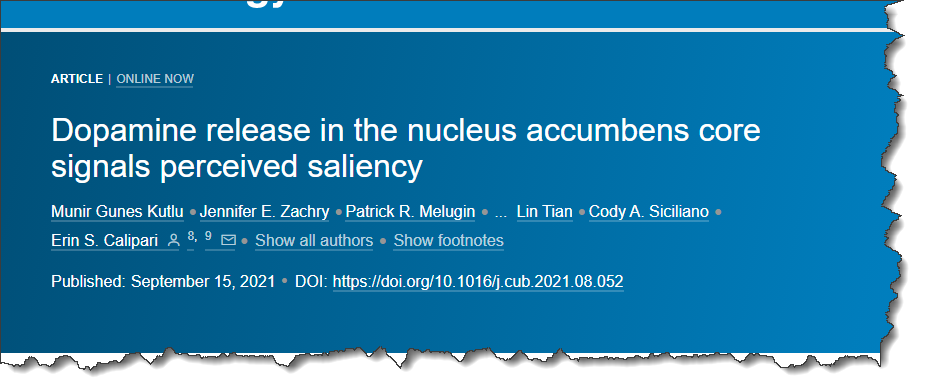
This is a complete game-changer for men’s health and performance
Story-At-a-Glance
Matt Cook here, and for more than 50 years, scientists have been dead wrong about dopamine.
That’s right — they were completely off the mark.
And sometimes this happens by accident. And sometimes it is on purpose…
Look at this breakthrough new study and decide for yourself…
—-Important Message From Matt—-
This simple stroking activity provides more girth, bigger head, and better blood flow

This new stroking activity I’m doing is actually making me bigger…
It’s giving me more girth, more veiny-ness, more throbbing power…
I only do this for 20 minutes a day, maybe 3 times a week…
And already, I’ve added half an inch to my member size — and I know other men who are using this and getting similar results!
Here’s the stroking activity — you’re going to love this…
———-
Proof that scientists have been wrong about dopamine for 50+ years
Wow. Sometimes science gets it very wrong.
That’s the case with the neurotransmitter dopamine, which turns out to be far more complex than was previously thought.
This doesn’t particularly surprise me, parts of body systems rarely do just one thing and dopamine is no exception.
Popular understanding of dopamine says that it’s the pleasure molecule and is highly involved in addiction of all kinds.
“In the press, dopamine is often referred to as a ‘pleasure molecule’ or a ‘reward molecule,'” said Calipari, who also is a faculty member of the Vanderbilt Brain Institute and the Center for Addiction Research.
The reality is that dopamine is much more complex than something that just causes pleasure or reward.
“In the scientific community, research has helped us understand that dopamine’s role in learning and memory is more complex than that, but we did not have a complete and accurate theory that could explain what dopamine actually does in the brain.”
Scientists have been learning that dopamine’s role involves encoding information into the brain.

In research from Vanderbilt University, scientists are discovering that dopamine isn’t actually a reward molecule…
It’s actually designed to encode information so we can survive better.
The encoding includes both positive and negative information.
Not just reward-driven information as previously thought.
“We then go on to show that dopamine is not a reward molecule at all. It instead helps encode information about all types of important and relevant events and drive adaptive behavior — regardless of whether it is positive or negative.”
This is extremely interesting information and it could be something that causes the medical community to completely rethink many treatments for psychiatric disorders and addiction.
To find out how dopamine really works, researchers used advanced technology to track the release of dopamine in the brain.
The researchers collaborated with Lin Tian, professor and vice chair of biochemistry and molecular medicine at UC Davis, to use cutting-edge technology to study an unprecedented diversity of neurobehavioral processes related to dopamine release.
Theories about dopamine drive treatment for addiction and many psychiatric disorders like anxiety, depression, and schizophrenia. It’s also dysregulated in Parkinson’s disease.
With a better understanding of how dopamine actually works to encode learning into the brain, researchers may be able to develop better treatment plans.
This work clearly demonstrates a much more sophisticated role for this neurotransmitter, and it means we need to rethink models of addiction that depend on the dopamine/‘chemical’ reward mentality,” said Danny Winder, director of the Vanderbilt Center for Addiction Research.
Current treatment strategies for addiction often target dopamine.
Many therapeutic approaches that aim to treat addiction target dopamine. However, altering dopamine without having a full understanding of what dopamine actually does may lead to many unforeseen side effects, and more importantly, failed treatment strategies.
But these treatments don’t always work very well, and now we are starting to get a better picture of why that happens.
Ultimately, our bodies are complex machines and we are just starting to understand how our brains really work.
With new developments happening all the time it will be interesting to see what the research turns up next.
—-Important Message From Matt—-
This is the real “love and pleasure” hormone men want to increase
Forget dopamine.
Forget testosterone and estrogen and prolactin and all other hormones for a minute…
Because oxytocin is the star.
Oxytocin is the REAL love and pleasure hormone men want more and more and more of…
And women love it too!
———-

